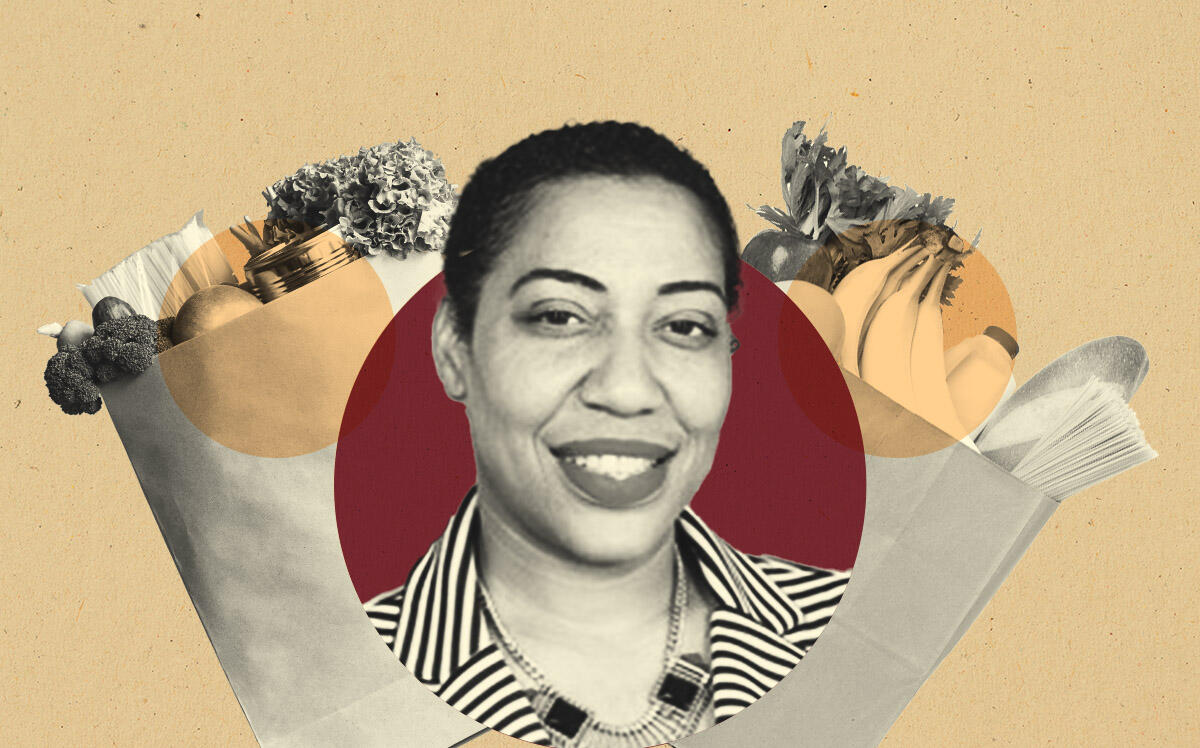 City grants $13.5M for Yellow Banana to reopen Save-A-Lot
City grants $13.5M for Yellow Banana to reopen Save-A-Lot
Trending
Closed groceries, rising food prices hit low-income Chicagoans
Closures on South Side have worsened matters

Low-income Chicagoans are struggling as supermarkets shut and grocery prices jump.
The Auburn-Gresham neighborhood lost two grocery stores this year, while Aldi closed its outlet at 7627 South Ashland Avenue in June due to crime and poor sales and the Save-A-Lot on 79th and Halstead streets closed in February, Crain’s reported. A Whole Foods store in Englewood at 832 West 63rd Street said in April that it would close after six years.
The closures came after grocery stores in Chicago increased prices by 13.5 percent last year, compared with a national average of 12.2 percent, and jumped more than 11 percent last month from a year earlier. That’s eroded the purchasing power of city residents, some 17 percent of whom lived below the poverty line as of April 2020, U.S. Census data found.
“Communities like Auburn Gresham and Englewood, these are moderate- to low-income markets, and inflation and less options for groceries negatively impacts us all,” Asiaha Butler, CEO of the Resident Association of Greater Englewood, told the outlet. Prices are rising even at Aldi stores, known for discounted and house-brand groceries, Butler said.
It isn’t entirely a one-way street: Auburn-Gresham is getting its Save-A-Lot grocery store back after the city, with the support of Alderman David Moore, awarded a $13.5 million grant to Yellow Banana to reopen a store at 7908 South Halsted Street. The money will also be used to renovate five other Save-A-Lot stores on the South and West sides.
Even so, food pantries are being called on to fill in the gaps. The Greater Chicago Food Depository served 10 percent more households in April 2022 than it did the same time a year earlier.
“In fiscal year 2022, we spent $35 million on food purchasing alone,” Man-Yee Lee, a Greater Chicago Food Depository spokeswoman, told the outlet. That 55 percent more than in 2021 and more than triple 2020.
Food prices are expected to increase by between 8.5 and 9.5 percent this year, according to the U.S. Department of Agriculture’s Economic Research Service. Overall grocery store prices are likely to increase by as much as 11 percent.
“It’s definitely impacted a lot of folks, especially the working-class folks and the folks who may not have subsidies to get food,” Butler told the publication.
Read more
 City grants $13.5M for Yellow Banana to reopen Save-A-Lot
City grants $13.5M for Yellow Banana to reopen Save-A-Lot
— Victoria Pruitt




